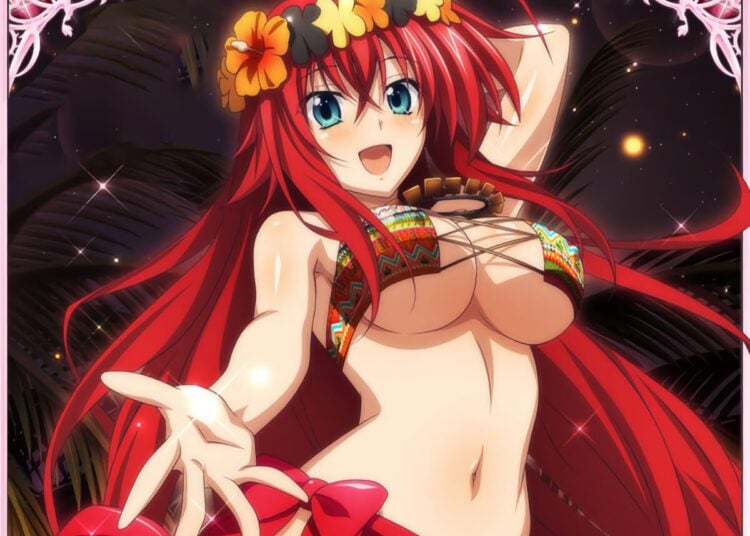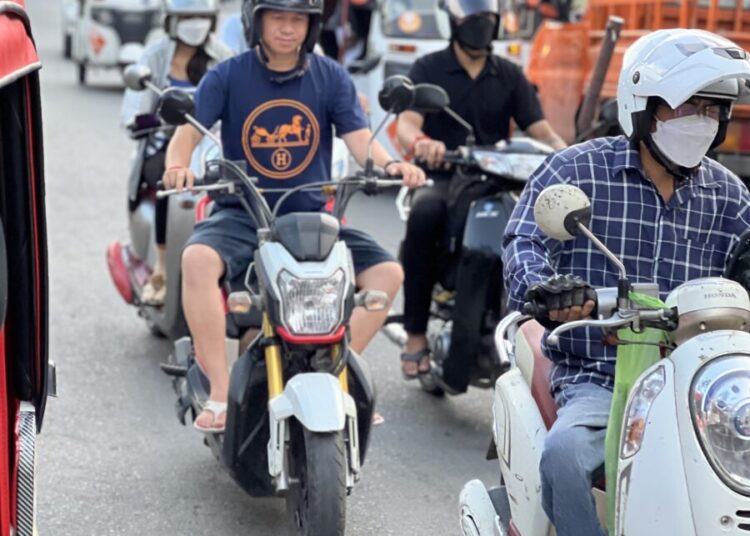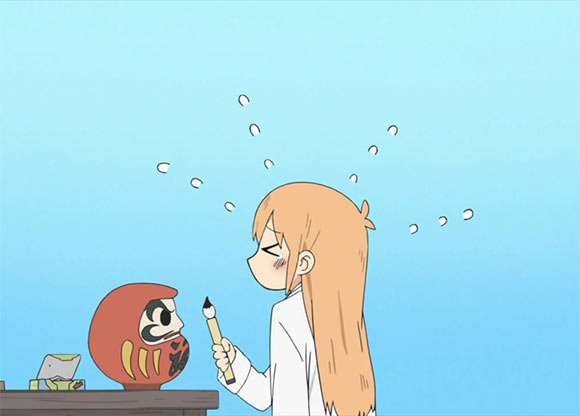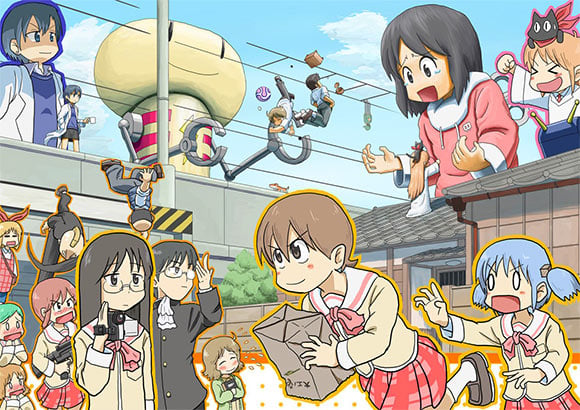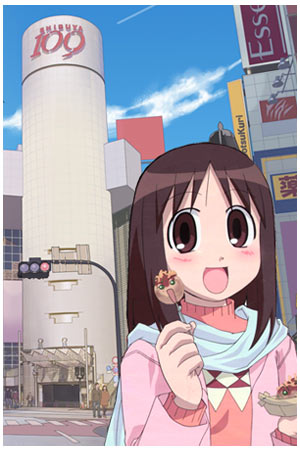Hello and selamat pagi from Japan! I’m back from my week in Malaysia, where Mrs. J-List and I were visiting some friends. Here’s a blog post with my impressions of the country as seen by an American expat living in Japan. Hope it’s interesting to you!
J-List’s popular Fukubukuro Lucky Box season is coming to an end soon. Browse our amazing 18+ and all ages Lucky Boxes here before they’re taken off the site!
How Does Malaysia Compare to Japan?
Living in Asia is a lot of fun. I get to live in an economically vibrant corner of the world. There I can make observations about how the things around me differ from California, where I’m from. In recent years Mrs. J-List and I have made a point of visiting Asian countries we’d like to know more about. That includes Taiwan and Cambodia.
Malaysia is a bustling country of 33 million, occupying the large Malay Peninsula and a portion of the island of Borneo. It’s a Muslim country but also a secular one, with other groups respected by law and tradition. Around 50% of the country are Muslim Malays, while 22% are Malaysians of Chinese descent, and 7% are Indians who are mostly Hindu. 9% of the country are practicing Christians of various backgrounds. It’s definitely the most multicultural country I’ve ever been to.
I’d been to several Malaysian cities in the past, namely Penang and Kota Kinabalu, but this was my first time visiting the bustling capital of Kuala Lumpur. If you’re not familiar with cities in Malaysia, don’t worry about memorizing them, since everyone abbreviates them to KL, KK, and so on to save time. It’s very handy!

A Surprisingly “British” Country
After the Anglo-Dutch Treaty of 1824, Malaysia was ruled by the British, while the Dutch took what is now Indonesia. There are many marks of Britain on Malaysia today, including a tradition of “afternoon tea time” which we appreciated very much after a few hours sweating in the sun. The legal code is based on British common law, and most people you’ll meet in urban areas speak English, thanks to the bilingual education system. Malaysia, like all former British colonies, drives on the right side of the road. That’s the same as Japan.

People Watching in Malaysia
Arriving in a new country, it’s always fun to open yourself up to the little differences you notice. In Japan I’m used to service staff addressing my wife first, because they assume white Americans won’t speak Japanese. But in our hotel in Malaysia, the staff addressed me first, assuming I would take the lead in every interaction, despite my wife having been the one to make the reservations and speaking first. I could feel there was a lot of culture related to the sexes that must be unique to the country.
The food was great, and we were happy to sample all the traditional Malaysian cuisine. We always had lots of choices. As with our trip to Cambodia, we were thrilled to see hundreds of restaurants from America, Japan and South Korea investing in Malaysia.
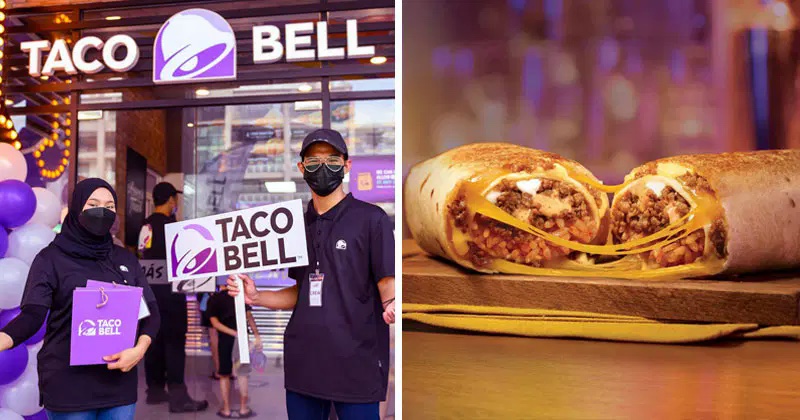
We spent a lot of time with some old family friends, a Chinese family that’s lived in Malaysia for three or four generations. They took us around to many Chinese restaurants serving delicious foods, but which weren’t exactly Panda Express, if you get my drift. After a day of eating exotic Chinese seafood and fishcake and whatnot, we honestly wanted to eat something familiar. So when we saw a Taco Bell, we had to go inside.
Previously my strangest “eating Mexican food in Asia” story was having tacos at home and realizing that the El Paso taco shells had been made in Australia, while the cheese came from Norway. But eating at a Taco Bell restaurant in Malaysia, with several groups of women wearing Islamic dress around us, was even more of a surprise.
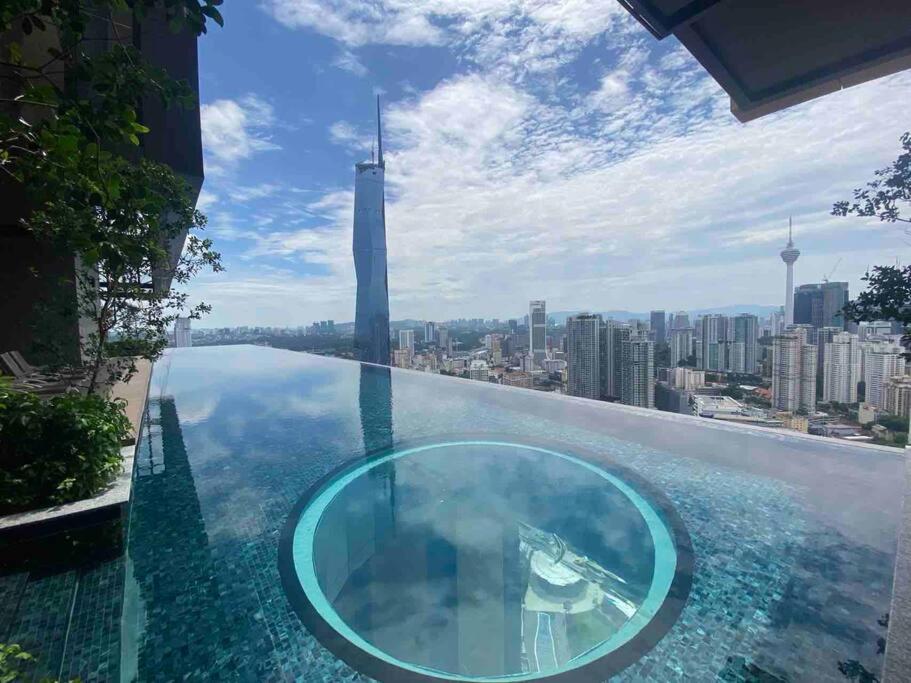
Many Japanese Retire to Malaysia
We also visited some other friends, a Japanese married couple who had retired to Kuala Lumpur a year ago. They’ve got quite an amazing life: for around $900 they get to live in what appears to be the best high-rise in KL, with an “infinity pool” on the 33rd floor and a huge Japanese shopping mall — LaLaport, built on the site of an infamous prison, which makes it unpopular with the locals — right next door. And yet, a country with high economic growth is also going to have inflation, and our friends were surprised to see prices rise more quickly than they would have back in Japan.
There’s a national healthcare system in Malaysia that serves the needs of most people, although those who wish to can opt for private insurance which gives access to a higher level of medical care. There are even Japanese translators to serve residents from Japan who don’t speak English.
What Did I Like About Malaysia?
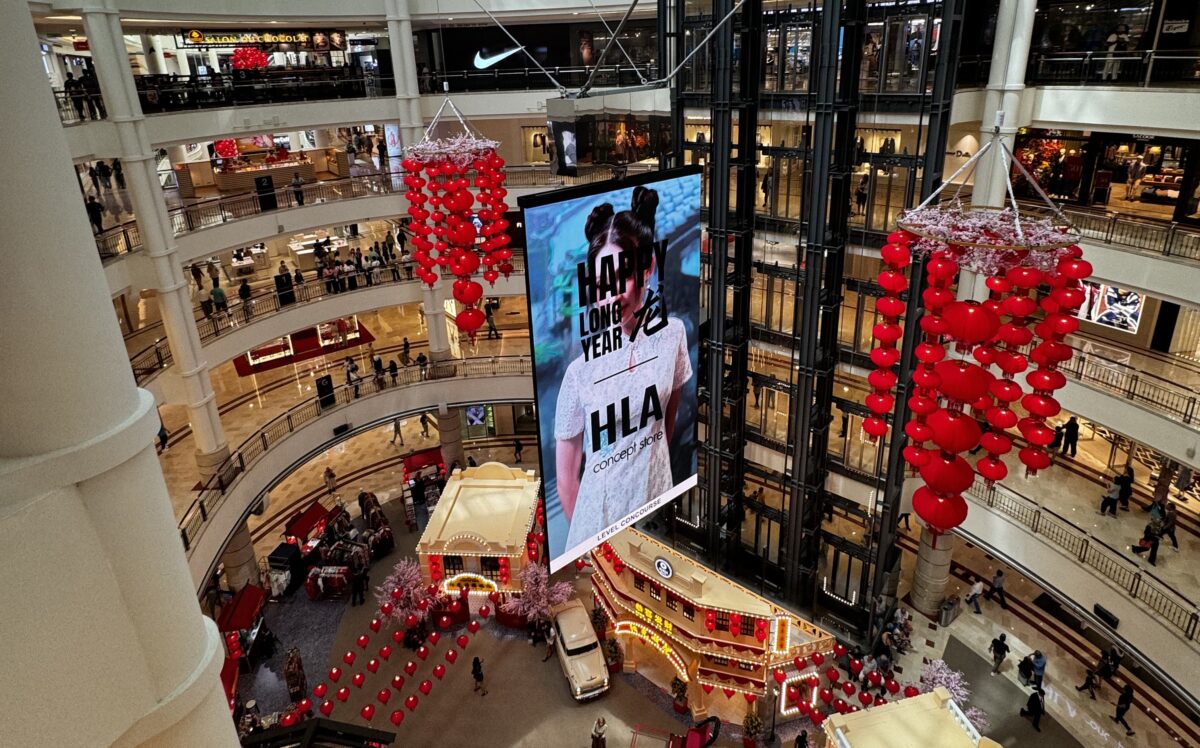
It’s an Economic Powerhouse. I loved the economic energy I felt while visiting. Obviously, this is subjective — I was in the capital city, and things might feel different in other parts of the country. But walking through the sprawling shopping centers, which were literally vibrating with the energy of everyone shopping, was really something to behold. And this was in the afternoon on a Monday…it must have been even more amazing on a Sunday.
A Nice Country If You Hate Winter. Being situated very close to the Equator, Malaysia is a very warm country. It has a maximum temperature of around 32°c / 90°f year round. We were happy to escape Japan’s frosty winter for a week…although the weather was certainly on the warm side.
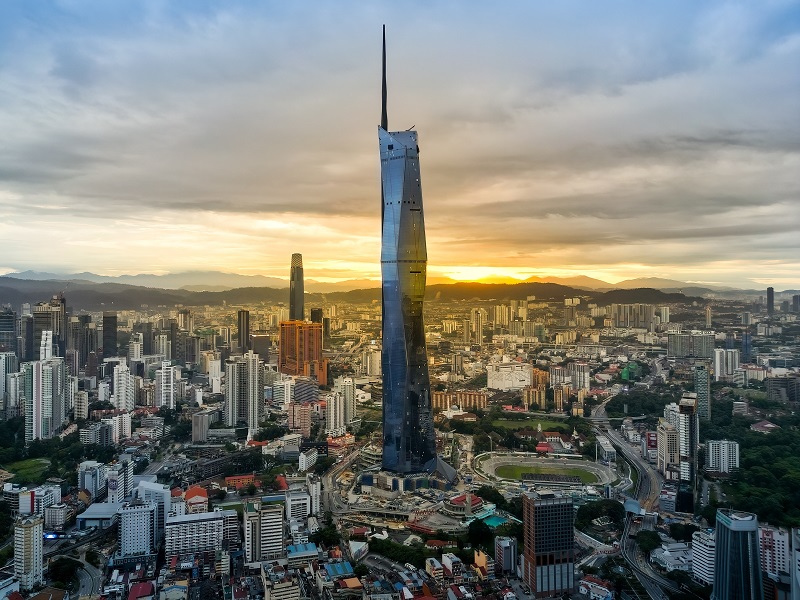
No Earthquakes. Unlike Japan and nearby Indonesia, Peninsular Malaysia is largely free of dangerous earthquakes. This allows them to build mighty skyscrapers like the brand-new Merdeka 118, the second-tallest building in the world. This would be difficult to pull off safely in Japan.
Not Enough Anime? Considering how popular anime has become, I expected to see some influence of anime while walking around. But other than some Trigun cosplayers who were surprised to see a white guy who could speak Japanese, and Pikachu used to promote Japan in the Japanese shopping mall, I didn’t see much anime. I couldn’t even find any anime toys in the Toys “R” Us I visited.
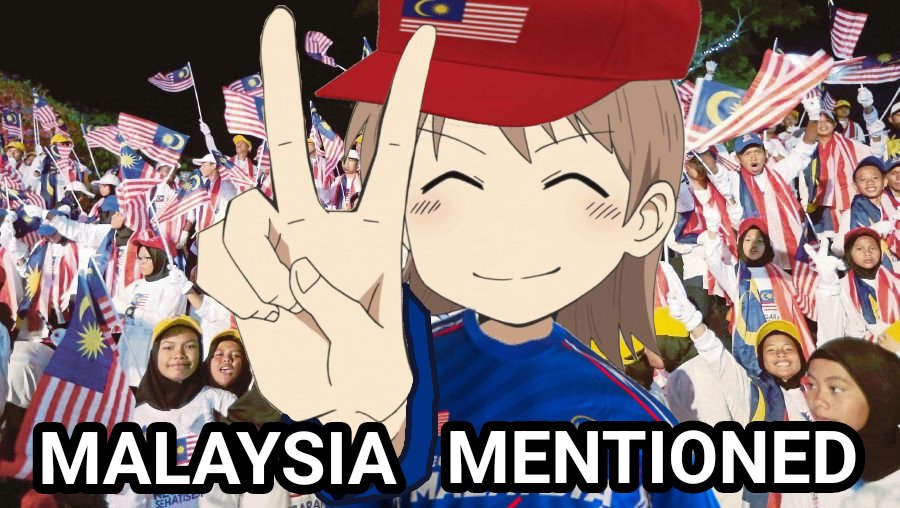
That said, Malaysians seem to love it when their country gets a shoutout in anime. Like the time Mio from Nichijou greeted her friends with selamat pagi, which is Malaysian (and Indonesian) for “Good morning.” Cheers to any Malaysians who are reading this post!
Thanks for reading this post filled with random observations about Malaysia as seen from Japan. What interesting countries have you visited, and what was your experience there? Tell us in the comments below!
Let’s Chat
You made it to the end of this post! Thank you! As a token of our appreciation, enjoy an extra 5% off your next order when you use the code BLOG at checkout. Also, don’t forget to follow J-List on all our platforms!
- Twitter / X, where Peter posts anime booba for you
- Bluesky, where we post several times a day
- Facebook, where we used to share memes and discuss anime
- Discord, if you want to chat with other J-List customers of culture

J-List is having a sale on all “Mania” related fetish products, including Futanari, Tentacle, and Monster Girl products. Browse them all here, and save!



